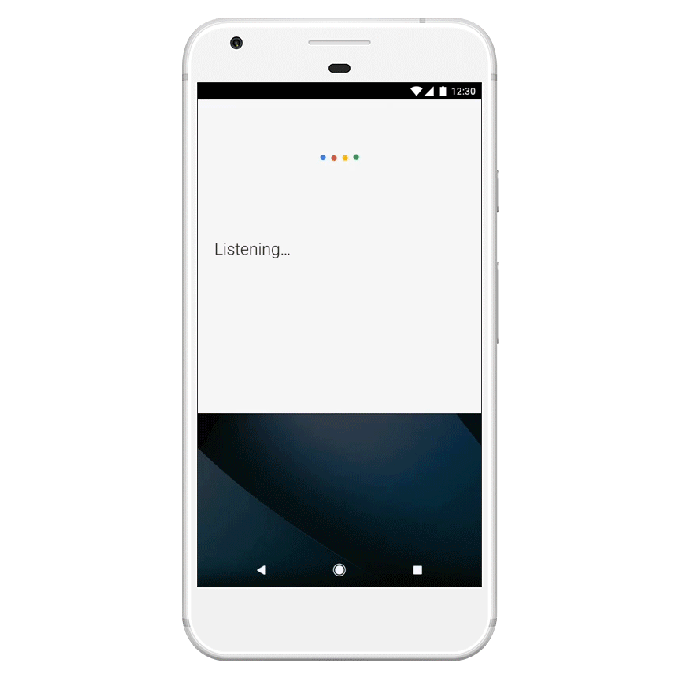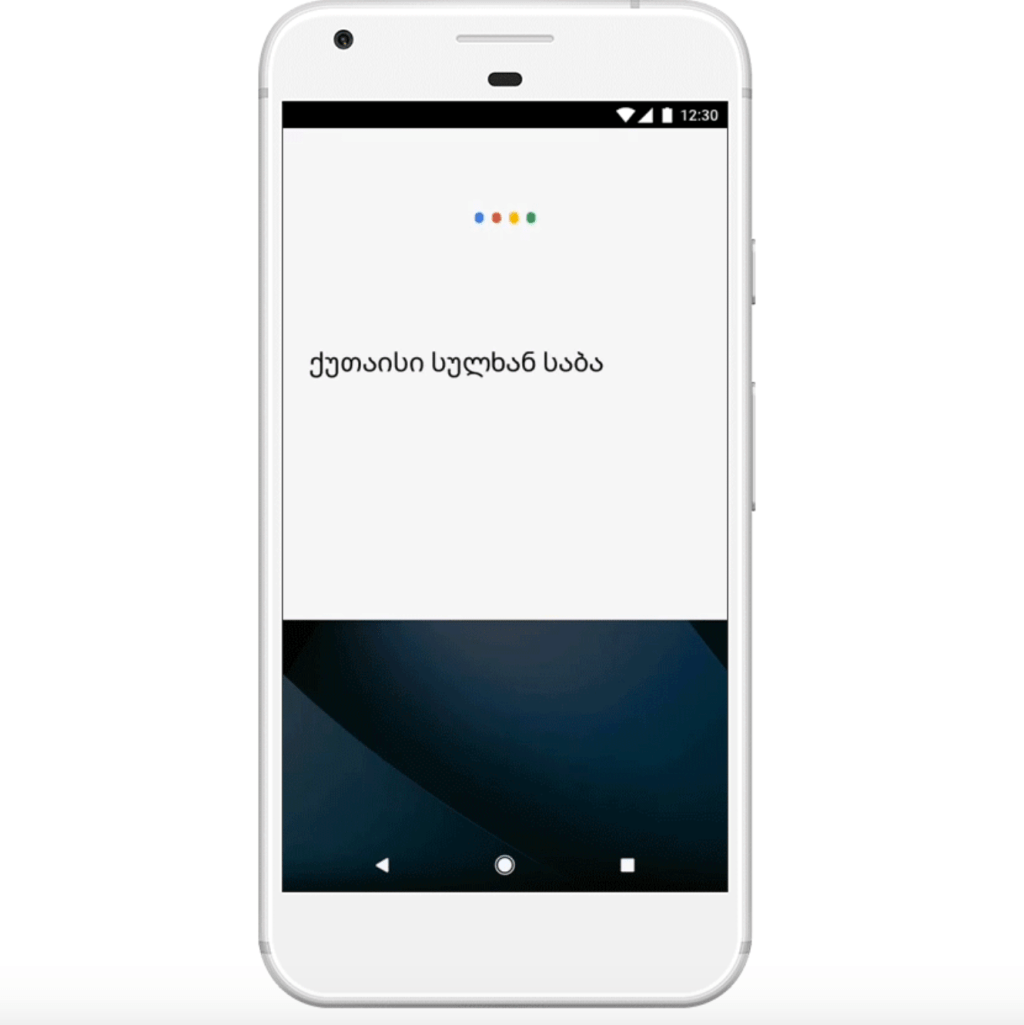Google today is expanding its speech recognition capabilities to support dozens of new languages, particularly those in emerging markets in India and Africa, the company announced this morning. That means more people around the world will gain the ability to search the web by voice as well as type via voice using Google’s keyboard app, Gboard.
The company says with the update, it’s adding 30 languages and locales around the world, bringing the total supported to 119. The update includes 8 more Indian languages, as well as Swahili and Amharic, two of Africa’s largest languages.
The new speech recognition will be initially supported in Gboard for Android and Voice Search. U.S. English speakers, meanwhile, can now use voice dictation to express themselves using emojis, too. (e.g. you can just say “winky face emoji” instead of hunting for it.)
The new languages are also available today in the Cloud Speech API, which already supported 89 languages, and is used in a number of third-party voice and video applications, like transcription services, speech analytics applications, IVR applications, and more.
In time, the new languages will be added to other Google products, including the Google Translate app.

However, the more critical part of this news is what this means for those in emerging markets – regions that are often ignored when it comes to being among the first to gain access to new technology advances from tech giants.
But with mobile, that’s changed. Tech companies are now aiming to establish footholds in these regions, as the next large swath of internet users come online.
In India, especially, Google’s move to expand speech recognition tech could have a significant impact. The country is estimated to have some 420 million mobile internet users as of this June, making India one of the biggest markets in the world for companies like Apple, Google and Facebook to address.
Google’s expansion with voice technology also comes shortly after a piece in The Wall Street Journal detailed how tech companies are rethinking their products for the developing world – in particular, how the next billion mobile users will heavily take advantage of technologies like video and voice. Google, for example, told The WSJ, that it’s been seeing “a new kind of internet user” – a group that’s “very different from the first billion” in terms of how they access the web.
To develop speech recognition capabilities for these new languages, Google combined human labor with its machine learning technology.
The company says that it works with native speakers to collect speech samples by asking them to read common phrases. This, in turn, helped to train Google’s machine learning models to better understand the sounds and words of the new languages to improve their accuracy when they were exposed to more examples over time.
The full list of new languages includes the following:
- Amharic (Ethiopia)
- Armenian (Armenia)
- Azerbaijani (Azerbaijani)
- Bengali (Bangladesh, India)
- English (Ghana, Kenya, Nigeria, Tanzania)
- Georgian (Georgia)
- Gujarati (India)
- Javanese (Indonesia)
- Kannada (India)
- Khmer (Cambodian)
- Lao (Laos)
- Latvian (Latvia)
- Malayalam (India)
- Marathi (India)
- Nepali (Nepal)
- Sinhala (Sri Lanka)
- Sundanese (Indonesia)
- Swahili (Tanzania, Kenya)
- Tamil (India, Singapore, Sri Lanka, Malaysia)
- Telugu (India)
- Urdu (Pakistan, India)































Comment